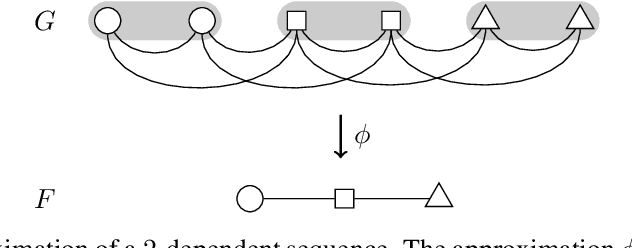McDiarmid-Type Inequalities for Graph-Dependent Variables and Stability Bounds
Paper and Code
Sep 09, 2019


A crucial assumption in most statistical learning theory is that samples are independently and identically distributed (i.i.d.). However, for many real applications, the i.i.d. assumption does not hold. We consider learning problems in which examples are dependent and their dependency relation is characterized by a graph. To establish algorithm-dependent generalization theory for learning with non-i.i.d. data, we first prove novel McDiarmid-type concentration inequalities for Lipschitz functions of graph-dependent random variables. We show that concentration relies on the forest complexity of the graph, which characterizes the strength of the dependency. We demonstrate that for many types of dependent data, the forest complexity is small and thus implies good concentration. Based on our new inequalities we are able to build stability bounds for learning from graph-dependent data.
 Add to Chrome
Add to Chrome Add to Firefox
Add to Firefox Add to Edge
Add to Edge